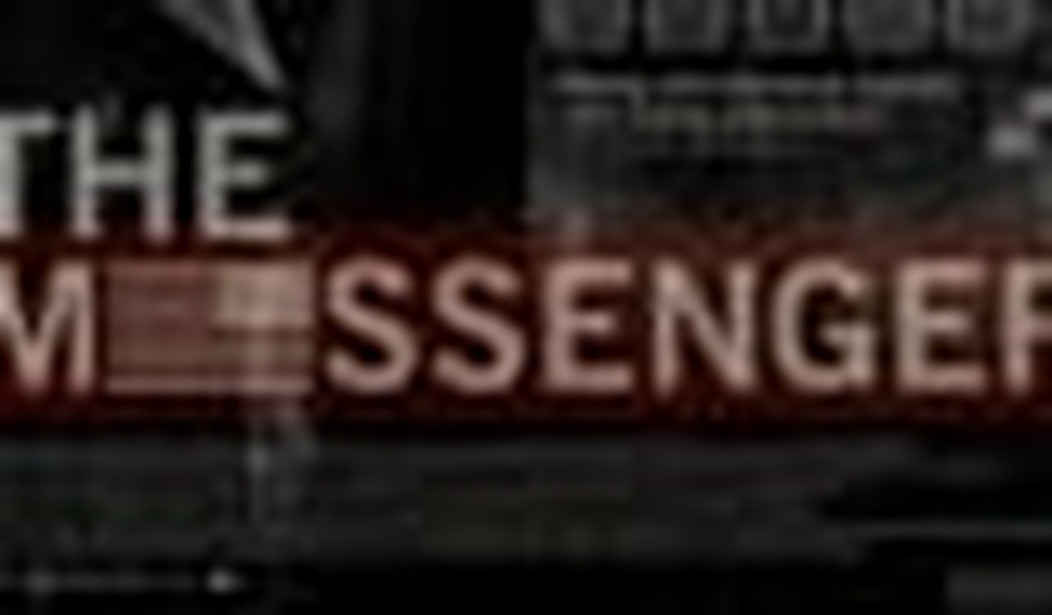The Iraq war has been a near constant source of inspiration for Hollywood screenwriters eager to have their say on the subject. Some of their films made very little money. Others drew a wave of brickbats from critics. A fair amount fell squarely into both camps, leaving audiences less than eager for more.
Most shared a predictably liberal viewpoint of the war and its backers.
The Messenger tries a different approach. The movie zeroes in on the officers assigned to tell families their loved ones have died on the battlefield. It’s a dicey subject for a feature film — what could be more depressing than watching ordinary people hear their sons and daughters will never return home again? And how can a screenwriter tell such a story while avoiding old ideological debates?
The Messenger, which opened in select cities on November 13, does a noble job of avoiding those pitfalls, but it still can’t help showing soldiers as being irrevocably damaged from their time spent in combat. Even if the soldiers fought in a war that was over in a matter of weeks.
Ben Foster stars as Will, a troubled young sergeant and Iraq war hero assigned to inform families when their sons or daughters were killed in action. He has no formal grief counseling experience, so his superiors assign an older, experienced officer named Tony (Woody Harrelson) to walk him through the process. The two visit the homes of a number of families, ready to deliver a standardized message along with their mechanical condolences. It’s an arduous mission, one Tony appears rigorously suited to handle. He’s the kind of soldier who obeys any order, no questions asked.
Stick to the script. Don’t get too close to the families in question. Offer follow-up assistance and then leave as soon as possible. Tony insists Will follow the rules set before them, like never touching the NOK (next of kin).
Will isn’t so sure. He wants to comfort the families, to connect with them on some level to assuage their pain. He’s especially interested in one widow in particular, played with quiet dignity by Samantha Morton. She’s the only person shown here to take the news without becoming hysterical, and something about her demeanor draws Will in.
Director and co-writer Oren Moverman isn’t interested in mocking soldiers or the war effort. The film takes a nonpartisan view of the Iraq war, although the film’s agonizing sequences where families learn their son or daughter has been killed reveals a uniquely pacifistic stance.
And, frankly, even those who take an aggressive posture on military action will be rendered temporarily mute watching people crumple in pain at the sight of Will and Tony on their front porch. Those sequences, and particularly the way Tony approaches his assignments, hint at a movie ready to question how the modern military operates.
Yet The Messenger isn’t that easy to pigeonhole.
The film’s meandering focus makes it ideologically imprecise, but it also robs the story of a central theme. The romance between Will and Morton’s suddenly single mother takes up plenty of screen time, but never gels into a subplot of any real significance. And a scene where Will and Tony drop in on Will’s girlfriend stops the film cold.
Tony’s hoorah mentality suggests a single-minded soul in need of some humanity, but the character reveals shades of himself audiences won’t see coming. It helps that Harrelson, suddenly white-hot again after taking some time off from acting, refuses to let Tony become a stereotype.
Foster is just as compelling, especially with how tempting it must have been to portray every ounce of rage swirling within Will. The actor is making a name for himself with his flamboyant portrayals, particularly his sinister turn in the recent 3:10 to Yuma remake.
Here, he conveys just as much information with smaller gestures, showing just how much pressure is building around him. His attempt to woo a war widow also makes us question our initial assessment of his character.
Will and Tony wrestle with some sizable demons here, with each given a realistic forum to work through the suffering. But isn’t it possible for a film to show battle-tested soldiers who don’t return from the battlefield without finding ways to self-destruct?
The Messenger has trouble finding its focus all the way up to the its final sequence, but the sterling acting and consistent tone help prevent the film from collapsing under its lack of vision.









Join the conversation as a VIP Member